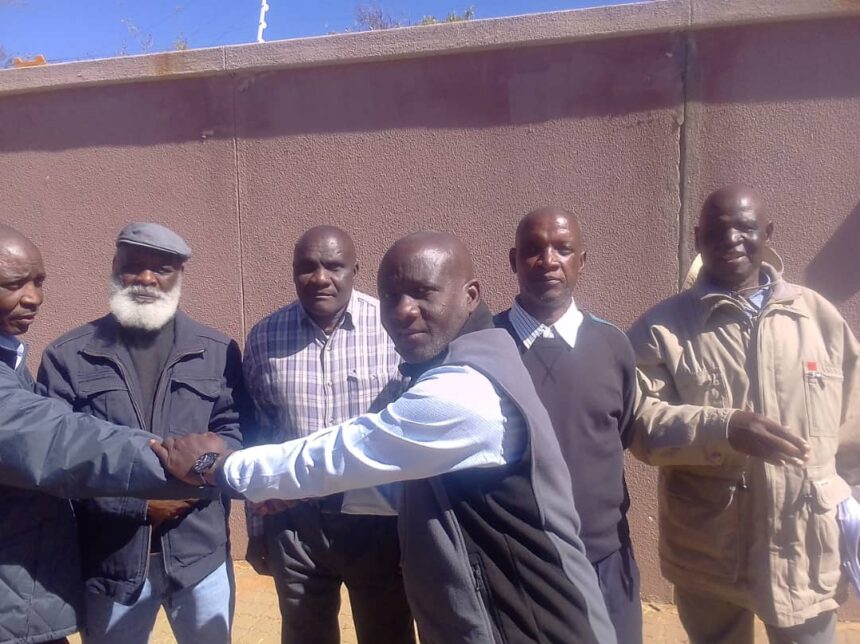State Advocate Laurens Campher yesterday asked Windhoek High Court Acting Judge Petrus Unengu to sentence the remaining seven men accused of trying to secede the then Caprivi Strip from Namibia in August 1999 to further custodial sentences.
The accused have been in custody since their arrests in 2002 and 2003, totalling 21 and 22 years in pretrial custody.
Progress Kenyoka Munuma (62), Shine Samulandela (55), Manuel Manepelo Makendano (69), Diamond Samunzala (59), Alex Mushakwa (59), Frederick Isaka Ntambila (57), and John Mazila Tembwe (54) were convicted on charges of high treason, contravening the Arms and Ammunition Act, and contravening the Immigration Control Act.
Campher told the judge that even though the accused have already spent the better part of 20 years in custody pending the finalisation of their trial, society does not expect any leniency from the court, as treason is the most severe offence a citizen can commit against his or her country, and deserves severe sentences.
He further said the accused did not testify in mitigation and did not take the court into their confidence, implying they have no remorse for their actions.
Campher said the accused did not come forward and acknowledge their wrongdoing, or even apologise to say, “Sorry, we were led astray, and will not do it again.”
“There is no guarantee that the accused will not go back to their old ways and try another secession attempt,” he emphasised. He, however, conceded that the time spent in custody is a mitigating factor that can be considered in sentence, but alluded to the fact that some of the delays were self-inflicted.
He further said it was difficult for the State to suggest prison terms, and he leaves it to the discretion of the judge.
Opposing, defence counsel Ilse Aggenbach asked the court to impose wholly-suspended sentences on her clients.
She is defending Munuma, Samulandela, Makendano and Samunzala.
She said any further sentence of imprisonment will effectively mean that her clients will have no chance of seeing daylight again.
“Only death will set them free,” she categorically stated. She further argued that it will be inhuman, and will result in degrading punishment, which is prohibited by the Namibian Constitution.
She said the accused spent the last 22 years in custody, have been absent from their loved ones, and should be given the chance to at least spend their twilight years with family and friends, such as those they have left.
It will not be in the public interest to keep the accused any longer in custody as the public has already forgotten about the Caprivi uprising, which happened more than 20 years ago, Aggenbach argued.
George Neves, who represents Mushakwa and Ntambila, likened the participation of his clients in the uprising to that of pawns on a chess board. He said they were sold an idea by the ‘king’, who made use of them, and then discarded them. “Where is the king now?” he asked, referring to exiled Mishake Muyongo.
He, too, asked for his clients to be sentenced to wholly-suspended sentences. He further said the suspended sentences will hang over the heads of the accused, and prevent them from reoffending.
“Send my clients home,” he implored the judge, and said incarcerating them any further would strip them of their human dignity.
Neves furthermore argued that the accused have paid their dues to society with interest, and that a suspended sentence will remind them they got a second chance. He further said there is no evidence to prove that his clients actively participated in the attacks, but that they were merely supporters and helpers.
Judge Unengu reserved his judgement for 14 October.



